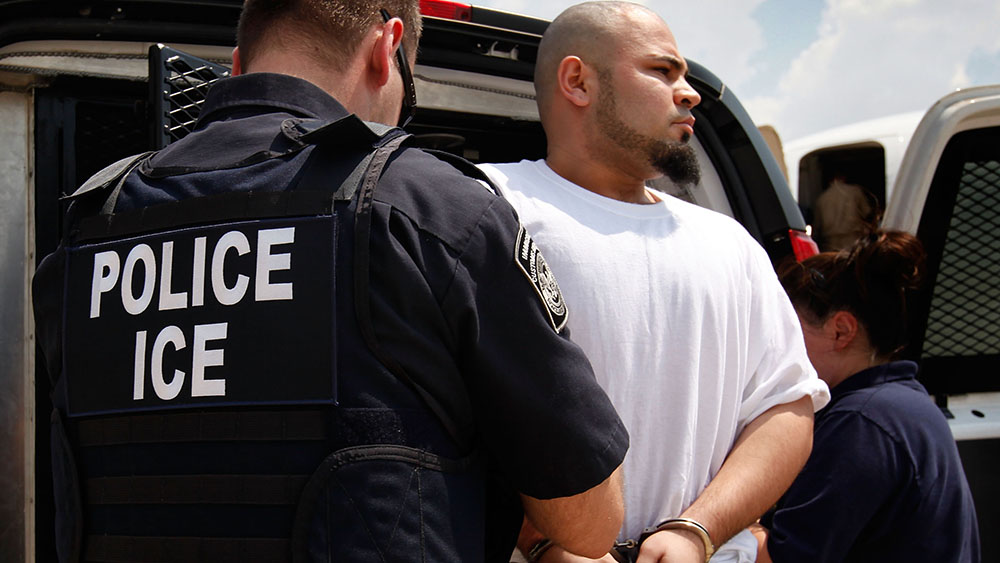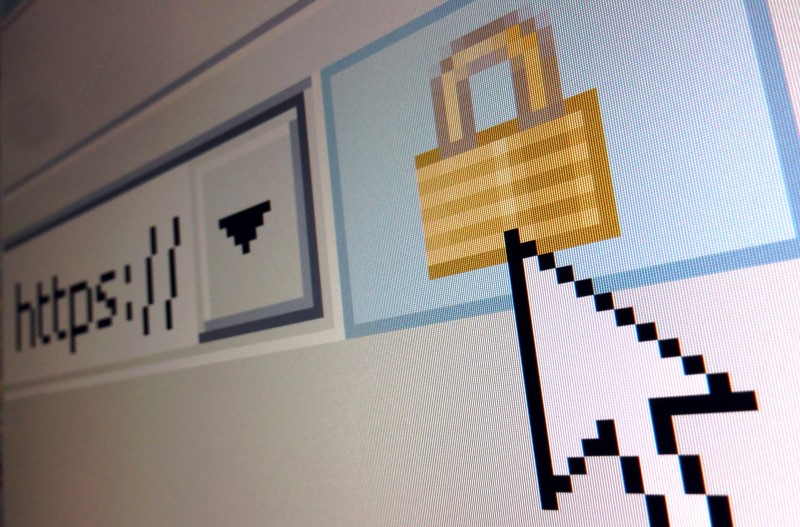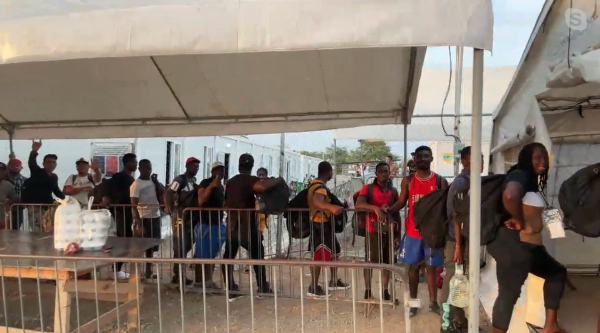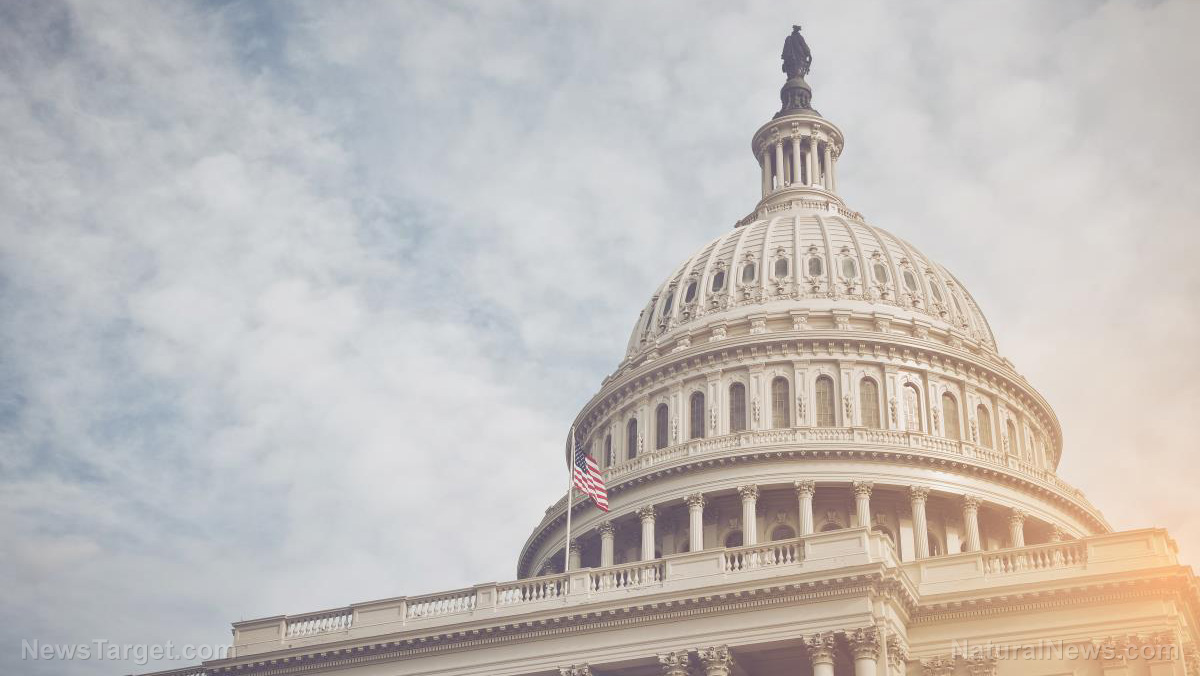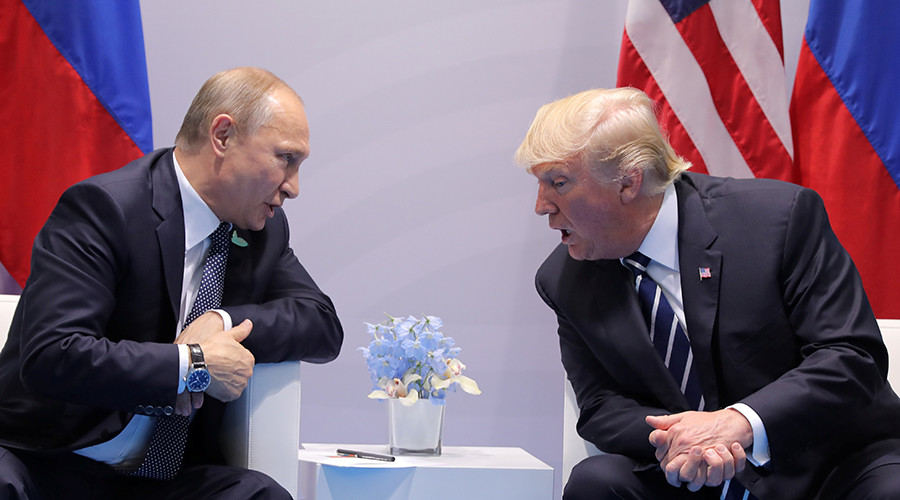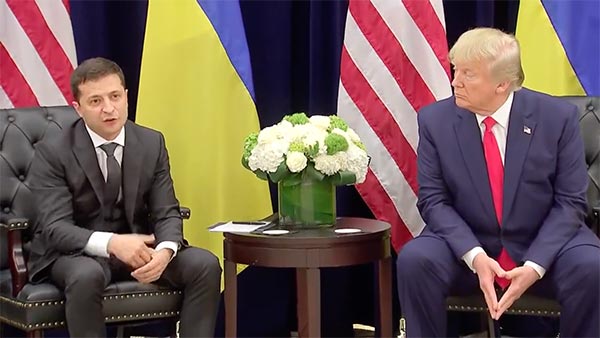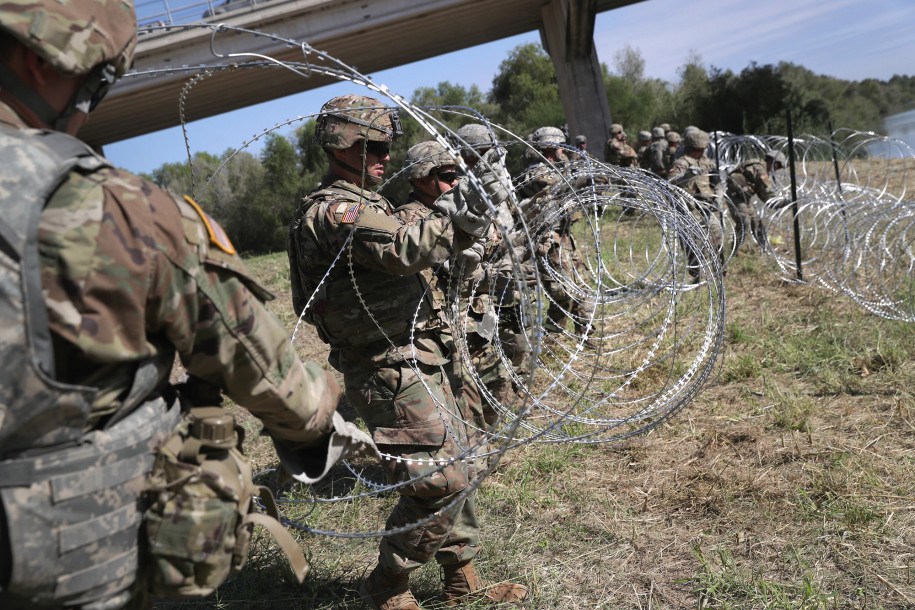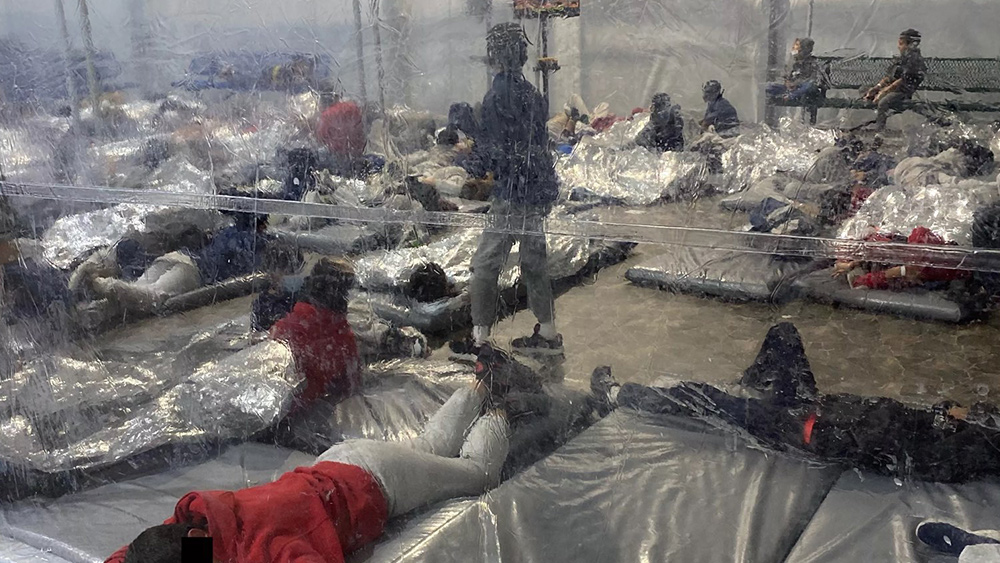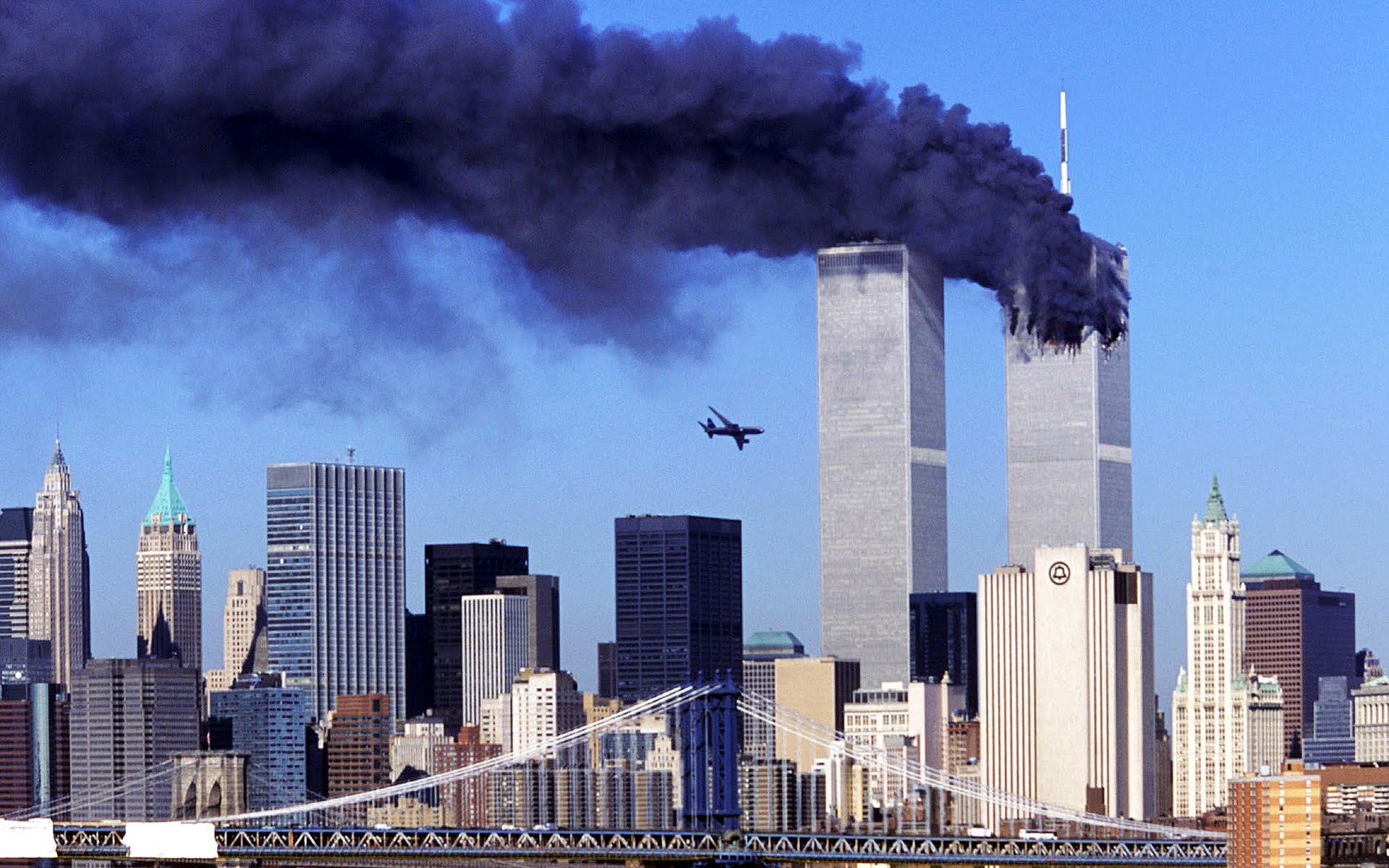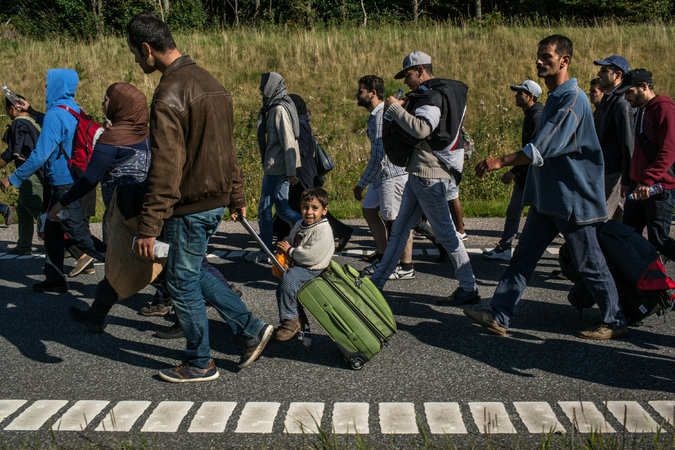U.K. considers military conscription as Europe faces off against Russia
02/22/2025 / By Willow Tohi
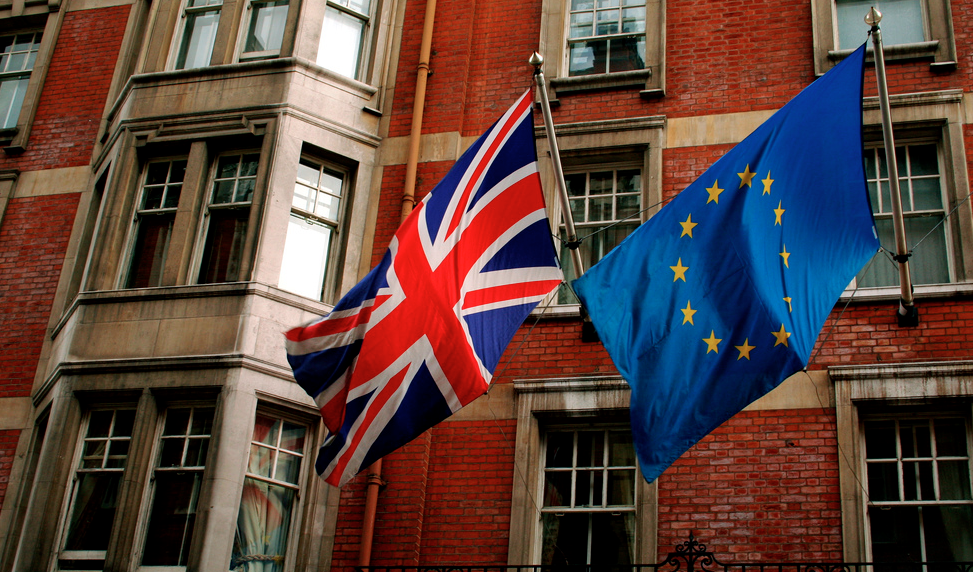
- The U.K. is considering reinstating military conscription due to growing security concerns related to the Ukraine conflict and Russian aggression.
- Former NATO Chief Sir Richard Shirreff supports conscription as a necessary step to bolster defense against Russia’s military capabilities.
- French President Emmanuel Macron warns that the Ukraine conflict could potentially escalate into World War III, reflecting the gravity of the situation.
- The U.K. and France are working on creating a European force of around 30,000 troops to secure Ukraine in case of a ceasefire, with support from other European nations and potential U.S. air cover.
- The resurgence of Russian aggression and a decline in Western European military readiness have led to urgent reassessments of defense strategies and a push for a more robust European military presence.
The United Kingdom is contemplating a return to military conscription, a drastic measure that highlights the growing tension and security concerns in Europe over the Ukraine conflict. This potential move, which has been endorsed by former NATO Chief Sir Richard Shirreff, is a stark reflection of the declining military readiness in Western Europe and the rising threat posed by Russia, a world power with formidable military capabilities.
A call for conscription: Britain’s last resort
“Donald Trump has left Britain simply no choice but to plan for military conscription,” Sir Richard Shirreff stated, echoing the growing sentiment that Europe must bolster its defenses to deter Russian aggression. The former NATO chief’s comments come in the wake of a series of warnings from U.K. defense officials who have highlighted the vulnerabilities of the British military.
British Prime Minister Keir Starmer has framed the potential conscription as a “patriotic duty” to protect not just Ukraine but the broader security of Europe. The idea of conscription, once a contentious topic, is now being pushed by influential voices in the media and government as a necessary step to counter the Russian threat.
The French perspective: WW3 not ruled out
Across the Channel, French President Emmanuel Macron has also acknowledged the gravity of the situation. In a live stream on social media, he was asked if the Ukraine conflict could escalate into World War III. His response was ominous: “That cannot be ruled out.”
Macron’s statement reflects the deepening concern among European leaders that the conflict in Ukraine could spiral into a broader, more devastating war. The French president’s comments have added urgency to the discussions on military preparedness and the need for a united European response.
A new European force: A collective effort
In an attempt to address the security challenges, the U.K. and France are working on creating a European force to ensure Ukraine’s security in the event of a ceasefire. This force, which is expected to consist of fewer than 30,000 troops, would primarily be air and naval-based, with minimal ground presence.
“We need to innovate and make what we do more lethal and, therefore, a stronger deterrence,” said U.K. Defense Chief John Healy, emphasizing the importance of integrating new technologies and lessons learned from the Ukraine conflict.
The initiative is not solely a Franco-British effort; it involves other European nations such as Denmark and the Baltic states. The French Army’s Centre for Planning and Conduct of Operations (CPCO) is actively working on the security guarantees for Ukraine, with the condition that the plan would have U.S. “air cover” to deter Russian violations of any ceasefire agreement.
Historical context: A weak Europe and a resurgent Russia
The current situation is a stark contrast to the post-Cold War era, where Europe enjoyed a period of relative peace and reduced military expenditures. However, the resurgence of Russian aggression, particularly in Ukraine, has forced European nations to reassess their defense strategies.
Russia’s military modernization and its willingness to use force in its near abroad have exposed the vulnerabilities of Western European militaries. The U.K., for instance, has seen a significant decline in its military personnel, with the British Army numbering just 109,245, including 25,814 volunteer reservists.
“In a war of scale, not a limited intervention but one similar to Ukraine, our Army, for example on the current casualty rates, would be expended, as part of a broader multi-national coalition, in six months to a year,” warned Alistair Carns, the U.K.’s minister for veterans. This stark assessment underscores the urgent need for a more robust and resilient military.
The role of the United States
The involvement of the United States in this European security initiative remains a critical factor. While U.S. President Donald Trump has expressed support for European peacekeeping troops in Ukraine, he has also stressed that American troops will not be deployed in the country. This stance has raised concerns among European leaders about the reliability of U.S. commitments.
British Prime Minister Keir Starmer has urged the U.S. to provide “security guarantees” in Ukraine, arguing that this is “the only way” to deter Russia from further aggression. However, the relationship between the U.S. and Ukraine has been strained, with Trump recently labeling Ukrainian President Volodymyr Zelensky a dictator.
Conclusion: A path forward
The potential return to military conscription in the U.K. and the creation of a European force to secure Ukraine are drastic measures that highlight the high stakes of the current conflict. As Europe faces a resurgent Russia, the need for a united and well-prepared defense posture is more critical than ever.
“What will impress Putin and deter him is if we start building up our conventional forces now,” Shirreff emphasized, highlighting the importance of demonstrating military strength and resolve.
The challenges ahead are formidable, but the determination of European leaders to protect their nations and prevent a wider conflict is clear. As the situation in Ukraine continues to evolve, the world watches with bated breath, hoping that peace can be maintained and that the specter of World War III remains a distant possibility.
Sources include:
Submit a correction >>
Tagged Under:
big government, chaos, conscription, Dangerous, Donald Trump, Emmanuel Macron, EU, Europe, France, insanity, national defense, national security, NATO, politics, Russia, Russia-Ukraine war, UK, Ukraine, World War III, WWIII
This article may contain statements that reflect the opinion of the author
RECENT NEWS & ARTICLES
COPYRIGHT © 2017 NATIONAL SECURITY NEWS




